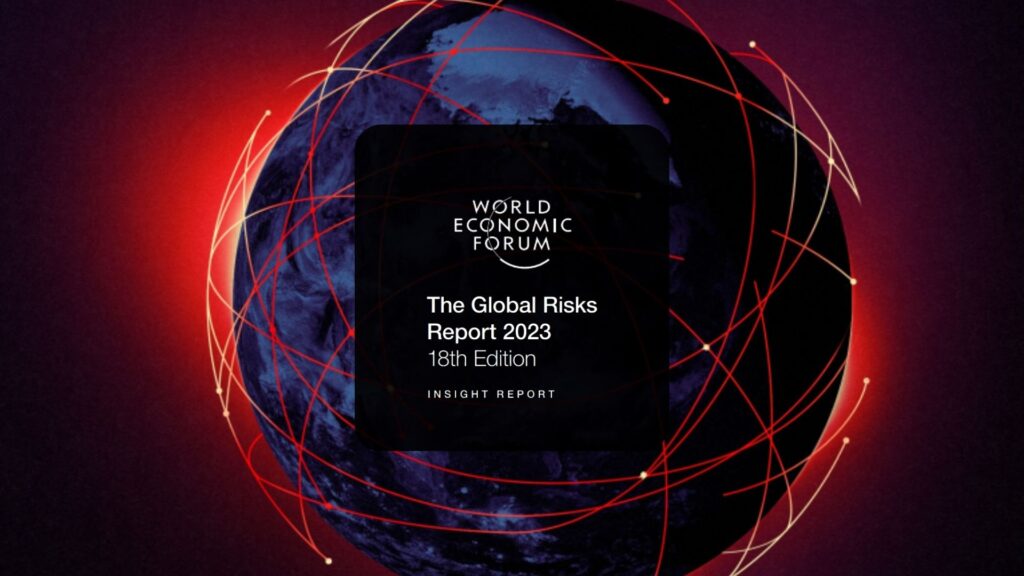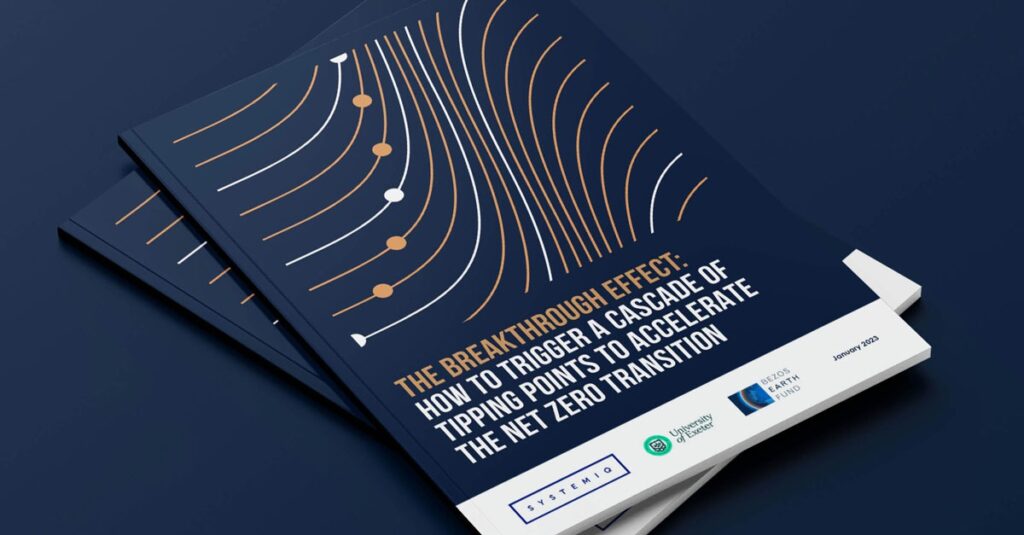Polycrisis in Agrifood Systems: Climate-Conflict Interactions and Labor Dynamics for Women and Youth in 21 African Countries
This paper examines how armed conflict and climate change jointly affect individual labour intensity in 21 African countries. Using labour force surveys alongside climate and conflict event data, the study finds that extreme climate events have more severe negative impacts in regions already affected by conflict. These compounded effects, framed as a climate-conflict polycrisis, disproportionately […]









